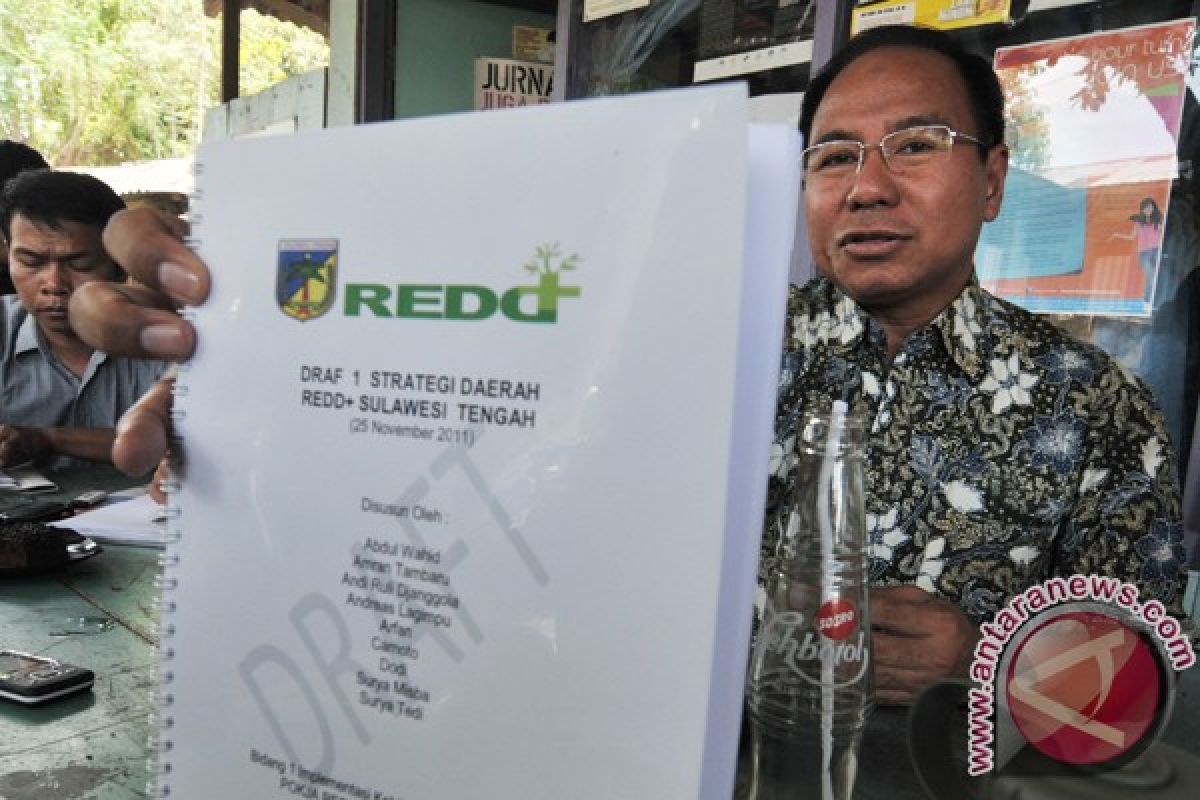"There have been more than enough, or even to many permits on active mining."Jakarta (ANTARA News) - The Reducing Emission from Deforestation and Forest Degradation (REDD+) National Strategy Working Unit urged the Indonesia Government to extend the forest moratorium that will expire in May 2013.
"We recommend the moratorium to be extended one or two more years as the government is not ready to institutionalize the permit and management for forest utilization," Spokesperson of REDD+ Working Unit Mubariq said on a discussion on forest moratorium here Tuesday.
The forest moratorium was regulated in the President Decree no.10/2011 suspending the concession of primary forest and peat land for two year period.
The moratorium was aimed to evaluate the economic growth and its implication towards the natural resource in Indonesia and it would expire in May 2013.
Mubariq said there were overlapping coordination in 15 state institutions regarding the concession.
The institutions were considered to have different maps of forest concession. Thus, the extension on moratorium would be used to organize the management and the legal issues towards the concession.
Moreover, the period would be used to finish the mapping in 11 prioritized provinces in the REDD+ program, Mubariq said.
Mubariq said the government and oil palm plantation enterprises would not be handicapped by the moratorium extension as it would not hamper the economic growth of the oil palm and mining sectors.
"There have been more than enough, or even to many permits on active mining. In the other hand, there is four hectares of new oil palm plantation that would not be fully planted until the next 10 year. So, there is no reason that the moratorium extension would be economically disadvantageous," Mubariq said.
The only reason for enterprises to worry about the extension on moratorium was the incapability to expand oil palm plantation area if the moratorium imposed for the next years ahead, he said.
The land expansion was caused by the high added value in upstream industry sectors, Mubariq said. "Moreover, the increasing population causes land prices to increase periodically. Thus, the speculation and future investment motives emerge".
Mubariq said the moratorium should not be considered as a anti-oil-palm action. The oil palm sectors, in other hand, yielded a great amount of national income and provide a lot of work opportunities contributing to reduce poverty rate.
"However, we still need a proper map of concession and new management of land use permit to prevent overlapping performance," Mubariq said.
The REDD+ National Strategy is a follow up step taken by the government in the commitment of reducing CO2 emission or green house gas in Indonesia.
The commitment is supported by the Norwegian Government with a signed Letter of Intent on May 26 2010.
Meanwhile, people around the globe will celebrate the World`s Forestry Day on March 21.
This momentum is celebrated to remind communities of the importance of forests and the many benefits which can be gained from them.
(Uu.A059/A014)
Editor: Priyambodo RH
Copyright © ANTARA 2013












